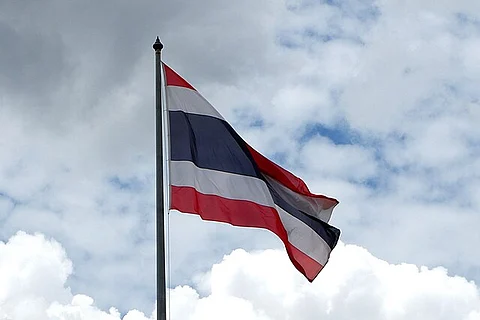

Thailand’s Finance Minister Pichai Chunhavajira announced that evacuation efforts and property damage from the five-day border conflict with Cambodia have exceeded 10 billion baht ($307 million), with the total economic impact expected to rise significantly. The government has allocated an initial 25 billion baht ($771 million) relief package for reconstruction, house repairs, and economic stimulus. Pichai warned this may prove insufficient, noting the estimate excludes trade disruptions that could substantially increase costs.
To aid affected civilians and businesses, Thailand implemented state-owned banks offer loan deferrals, low-interest loans, refinancing, and fee exemptions, tax extensions with deadlines pushed to September with repair deductions (100,000 baht for homes; 30,000 baht for vehicles and provincial aid, where it was decided that 100 million baht per impacted province will be given, adjustable as needed.
The clashes killed at least 38 people, predominantly civilians and displaced over 300,000 residents across both nations. Thailand reported 20 fatalities (13 civilians), while Cambodia confirmed 18 deaths (8 civilians). Shelling reduced homes to "splintered wood" in Thailand’s Sisaket province, where displaced mother Nong Ngarmsri pleaded: "I want them to cease firing so I can go to my children".
A U.S.-backed ceasefire took effect July 28 after Malaysia’s Prime Minister Anwar Ibrahim mediated talks. The breakthrough followed President Donald Trump’s ultimatum to halt trade negotiations with both nations unless hostilities ceased, leveraging pending 36% U.S. tariffs on their exports. Cambodia praised Trump’s "decisive mediation," while Thailand’s acting PM Phumtham Wechayachai reluctantly committed to the truce "in good faith".
While Thailand’s tourist hubs (Bangkok, Phuket) remain distant from fighting, analysts warn Cambodia’s tourism-dependent economy faces greater risk due to fewer policy tools and reliance on Thai gamblers. Bilateral trade, valued at $3.9 billion in 2024 faces paralysis from closed border checkpoints. Thailand’s imposition of martial law in eight border districts further signals prolonged disruption to supply chains and cross-border commerce.